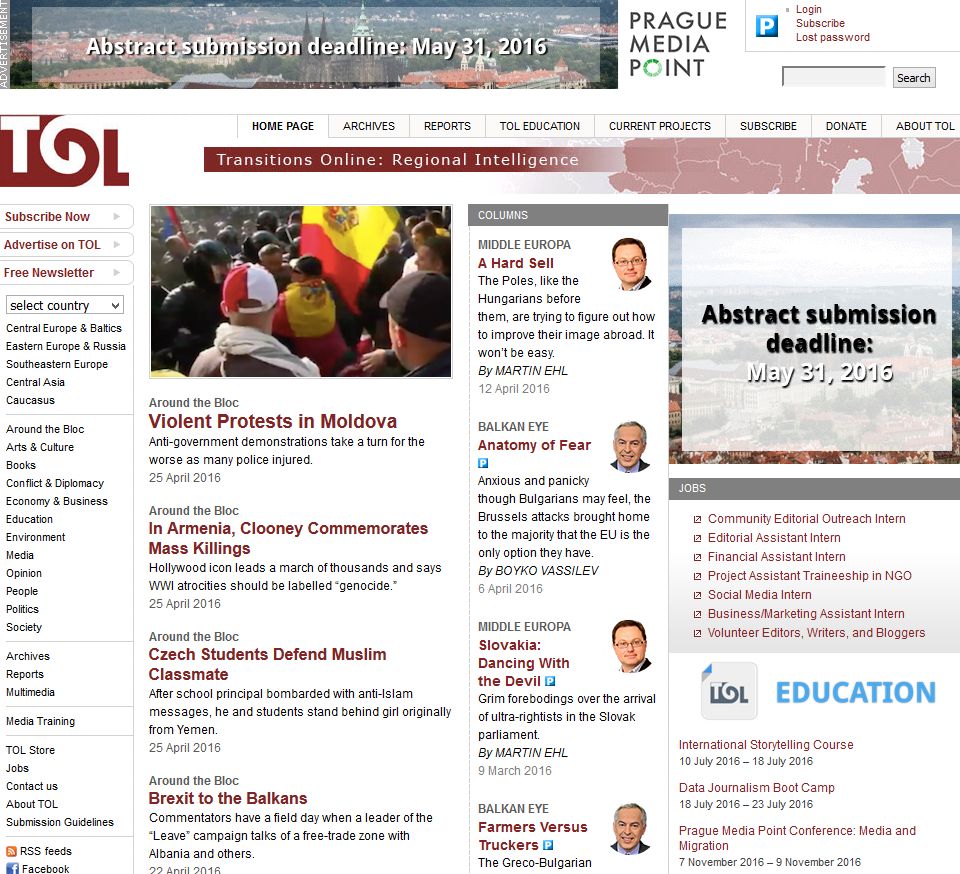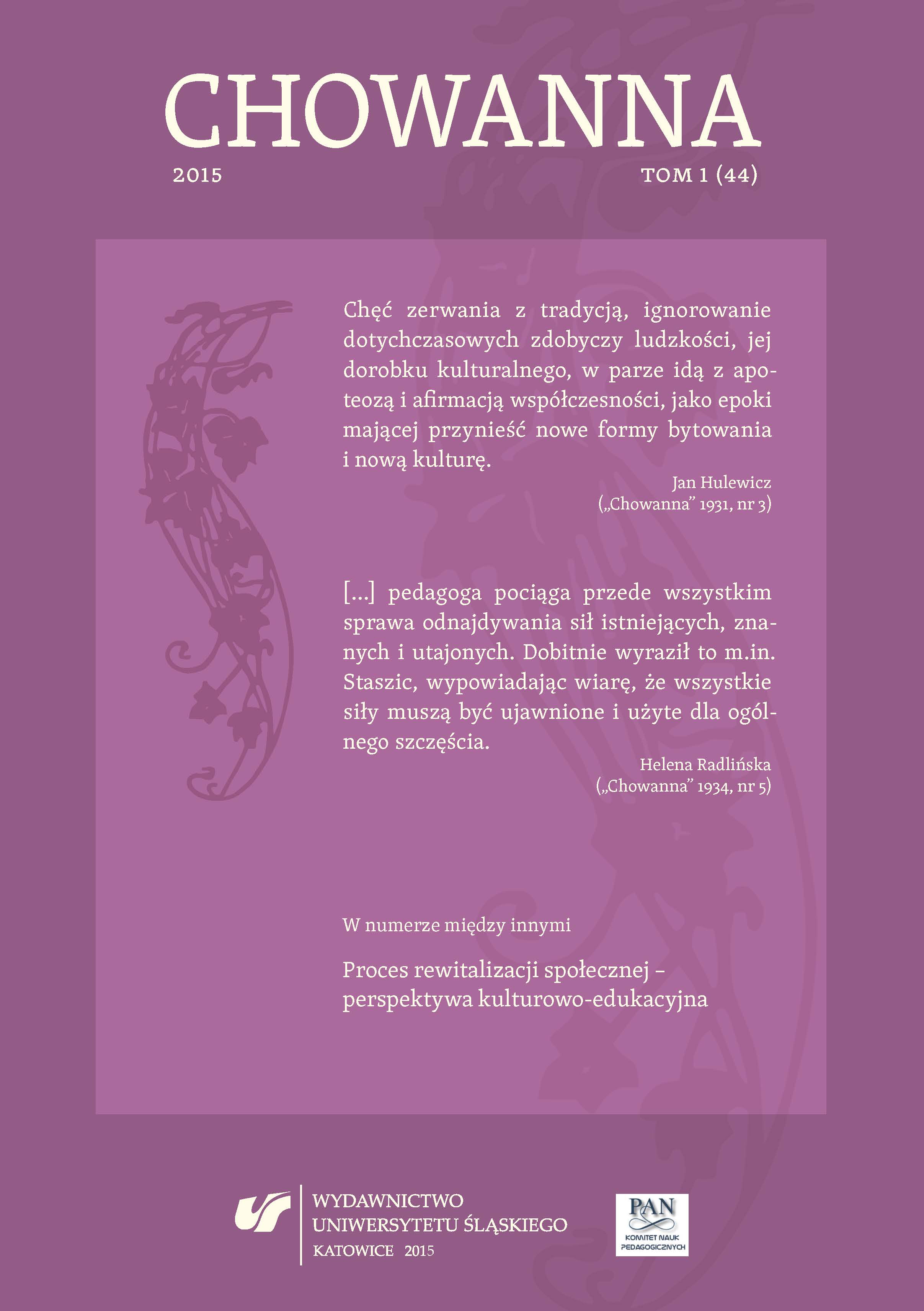Boian period ceramics from Teleor 008, a site in South of Romania
Boian period ceramics from Teleor 008, a site in South of Romania
Keywords: neolithic; southeastern Romania; Boian culture; pottery;fragmentation;
This paper is about a technological and categorisation assessment of a sample of ceramics from a small site in the Lower Danube Plain, briefly occupied during two phases of the Boian period, all probably dated to the first half of the 5th millennium cal BC. Focusing on fabric use, firing methods and aspects of pottery use, an evaluation of fragmentation and post-deposition patterns helps in assessing the site’s use life.
More...

